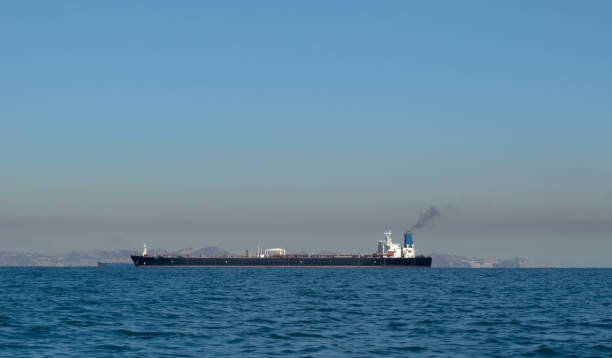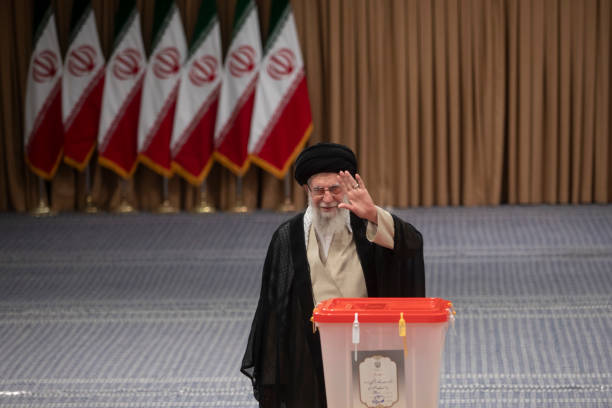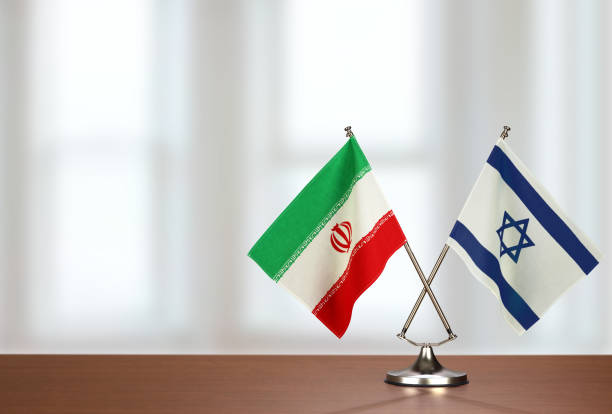Iran’s Parliament Approves Motion to Close Strait of Hormuz Following U.S. Strikes
Iran’s parliament approved a motion to authorize the closure of the Strait of Hormuz in response to U.S. airstrikes, raising global oil prices and tensions in the region.
 Large oil tanker ship smoking sails Strait of Hormuz, Persian Gulf, Iran
Large oil tanker ship smoking sails Strait of Hormuz, Persian Gulf, IranIran’s parliament voted on Sunday to approve a motion calling for the closure of the Strait of Hormuz, a critical maritime chokepoint for global oil shipments, in response to U.S. airstrikes that severely damaged Iranian nuclear facilities. The vote, while symbolic, signals rising pressure on Iranian leadership to retaliate after what Tehran has described as a “blatant act of aggression” by the United States and its allies.
The measure now awaits review by Iran’s Supreme National Security Council, which holds the final authority to implement the closure. “The parliament has voted overwhelmingly in favour of authorising the closure of the Strait,” state media reported, quoting members of the Majlis.
The motion follows U.S. airstrikes targeting nuclear facilities in Natanz, Fordow, and Isfahan less than 24 hours earlier. Those strikes, part of "Operation Midnight Hammer," caused severe damage to Iran’s nuclear infrastructure.
The Strait of Hormuz, a narrow passage linking the Arabian Gulf with the Gulf of Oman, serves as the route for roughly 20 percent of the world’s oil. Any disruption in this waterway could have significant repercussions for global energy markets, particularly for major oil importers such as China, India, and countries in Europe.
Following news of the parliamentary vote, global oil markets reacted sharply. Brent crude futures surged by more than 9 percent on Sunday afternoon, reaching levels not seen since late 2022.
Iranian lawmakers stressed that the vote does not trigger an immediate closure of the Strait, but provides legal authorization for such an action under Iran’s broader defensive strategy.
“One of Iran’s clear options in response to foreign aggression is closing the Strait of Hormuz,” said Mohammad Hassan Asfari, a member of the parliament’s national security committee. “We will act when the time is right.”
In Washington, the White House refrained from directly commenting on the vote. However, a senior administration official stated that the U.S. was “monitoring the situation closely” and had “taken steps to ensure the continued free flow of commerce in the region.”



.jpg)



Conversation